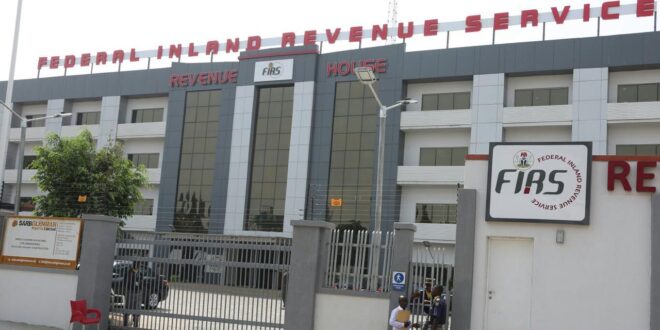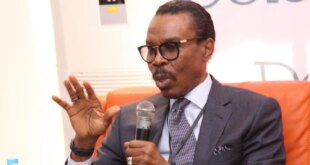The Executive Chairman of the Federal Inland Revenue Service, Muhammad Nami has advocated the use of data to identify all taxable persons, track all economic activities and determine tax payable.
This is just as he said that tax dialogues, which provide a platform for exchange of diverse ideas on taxation is the tool for engendering tax compliance through collective ownership of the tax system, as well as a means to strengthening tax systems.
Speaking at the 2022 Kaduna State Tax Dialogue, held in Kaduna State today, Nami stated that dialoguing on tax was very necessary for inclusivity, fairness and pooling expert ideas to aid tax policy formulation, which ultimately strengthens tax administration.
He said, “Dialoguing on tax is very important for many reasons.Tax dialogue is a multi-sided communication channel that enables every view to taxation to be aired and considered.
‘By so doing, it lends itself to inclusiveness in the design and implementation of the tax system thereby engendering the spirit of collective ownership which, ultimately, promotes voluntary tax compliance.
“Dialoguing on tax prevents destructive conflicts as no one feels cheated or unfairly treated. Examples from history are rife on the importance of engagements on tax issues. For instance, the then British Parliament passed the Tea Act which constrained Americans to buy tea on which duty had been paid without dialoguing with the people.
“When governments do not dialogue with the people on the taxes they wish to impose, they create room for conflict and even rebuff.
“Crucially, tax dialogue provides the platform for pooling expert ideas to aid tax policy formulation, review of tax laws and ultimately the strengthening of tax administration.”
Speaking on the concept of the “Social Contract” that exists between the government and the citizens, Nami explained that for the government to provide public goods for the enjoyment of citizens, the people must provide government with the needed resources to do so by paying their taxes.
 The Commerce Africa African Reneissance
The Commerce Africa African Reneissance




